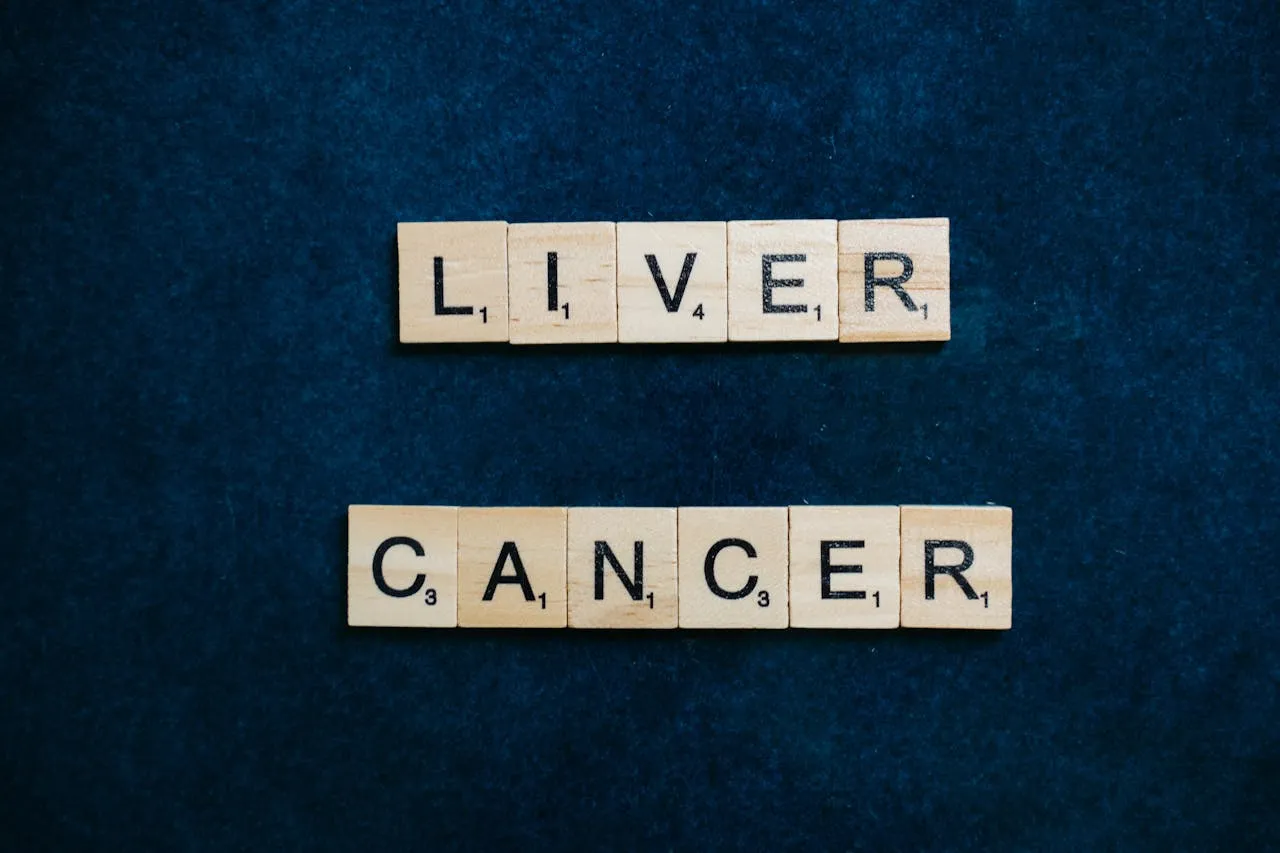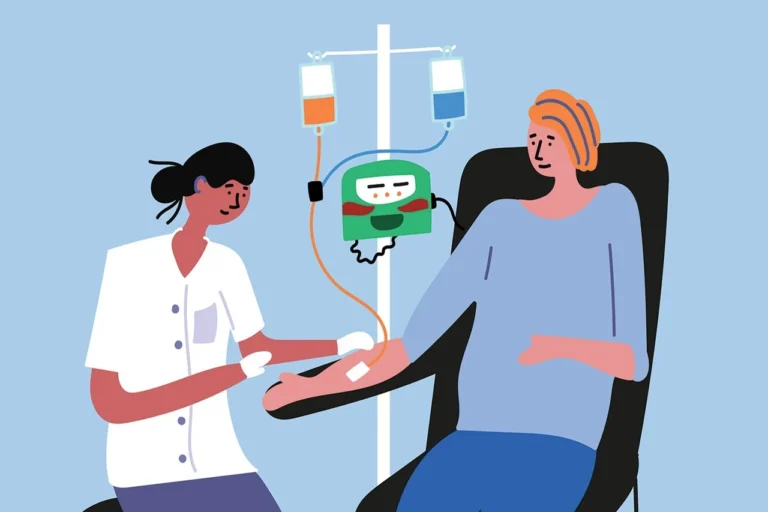
Geneos Therapeutics, a clinical-stage biotherapeutics company pioneering personalized immunotherapies for cancer (PICs), has announced remarkable clinical results from two long-term patients treated with its novel DNA-based therapy. One patient with glioblastoma multiforme (GBM), an aggressive brain cancer, and another with advanced hepatocellular carcinoma (HCC), a form of liver cancer, have achieved durable responses on PIC monotherapy that now extend beyond six years and five years, respectively.
Both patients remain recurrence-free and in good health while continuing treatment. Importantly, neither individual has experienced any serious or greater than Grade 1 treatment-related adverse events during their therapy. Additional participants in Geneos’ clinical trials are also progressing toward similar long-term survival outcomes, further reinforcing the potential of this approach.
Long-Term Survivors With Aggressive Cancers
The outcomes represent a rare and encouraging milestone in oncology. Glioblastoma and advanced hepatocellular carcinoma are notoriously difficult-to-treat cancers with historically poor prognoses. Median survival rates for patients diagnosed with either disease typically range from just over a year to a few months, even with existing therapies. Recurrence is common, and durable remission has been exceedingly rare.
Against this backdrop, the survival of these two patients stands out as exceptional. Geneos CEO Niranjan Sardesai, Ph.D., emphasized the broader meaning of the results:
“Geneos’ PICs as monotherapy have now enabled patients with two distinct, difficult-to-treat, rapidly progressing cancers to live beyond five years, recurrence free and healthy – living rich, fulfilling lives. These cases, together with our broader clinical trial results, highlight the durability and tolerability we believe to be achievable with our DNA-based PIC therapy. These results are encouraging and we look forward to continuing to advance our clinical program so that we may bring this potential new treatment option to people living with aggressive cancers rapidly.”
FDA Guidance and Regulatory Alignment
The U.S. Food and Drug Administration (FDA) recently released draft guidance identifying overall survival (OS) as a critical endpoint for oncology clinical trials. This regulatory focus dovetails with Geneos’ clinical data, as patients treated with PICs are now demonstrating survival outcomes well beyond established benchmarks.
Ildiko Csiki, M.D., Ph.D., Chief Medical Officer of Geneos, highlighted the significance:
“Durable overall survival of five years or more in GBM and advanced HCC are uncommon, while recurrence-free survival is almost unheard of. If confirmed in larger datasets, we expect these results to align with FDA’s guidance on overall survival as a primary endpoint for registrational studies.”
Case Study: Glioblastoma Multiforme (GBM)
The first highlighted patient was a 21-year-old woman diagnosed with GBM, characterized as IDH-positive and methylated. Her initial treatment involved surgery, radiation, and temozolomide chemotherapy, alongside two experimental interventions. Despite this aggressive approach, recurrence risk remained high.
One year after her initial diagnosis, she began PIC monotherapy. For context, median recurrence-free survival in this patient population is approximately 26 months, with median overall survival averaging 40 months. Now, more than six years later, she has reached 75 months of recurrence-free survival and is nearly 87 months from her initial surgical resection.
Her quality of life has also remained high. During this period, she completed a master’s degree and now dedicates her work to supporting other patients navigating cancer diagnoses.
Case Study: Hepatocellular Carcinoma (HCC)
The second patient, a 61-year-old man, was diagnosed with advanced HCC with a beta-catenin mutation. His disease had progressed despite undergoing liver resection, oncolytic viral therapy, and treatment with sorafenib.
Upon enrollment in the Geneos GT-30 Phase 1b/2a trial, he initially received combination therapy with PIC and the checkpoint inhibitor pembrolizumab. After two years, per study protocol, he transitioned to PIC monotherapy. Typically, patients with advanced HCC who receive PD-1 inhibitors experience a median overall survival of just 14 months, with progression-free survival often lasting only three to four months.
This patient’s outcome has been extraordinary: he has now achieved 60 months of recurrence-free survival and recently celebrated the birth of his first grandchild, marking a profoundly meaningful personal milestone.
What Makes PICs Different
Personalized immunotherapies for cancer (PICs) are DNA-based tumor-infiltrating lymphocyte (TIL)-inducing agents. Each treatment is designed around the unique profile of up to 43 cancer neoantigens specific to an individual patient’s tumor. This tailoring aims to trigger a robust and targeted immune response.
Remarkably, PICs have demonstrated a 100% success rate in generating CD8+ activated cytotoxic T effector memory cells capable of trafficking directly to tumors. This is the first immunotherapeutic approach to consistently achieve this level of immune activation.
Unlike mRNA-based personalized immunotherapies, which are typically administered for less than a year due to tolerability limitations, PICs can be given continuously for years. Their favorable safety profile allows for long-term therapy, maintaining an ongoing TIL response and reducing the risk of recurrence or disease progression.
Looking Ahead: Expanding Clinical Development
Building on these outcomes, Geneos is preparing to launch its GT-31 Phase 2b randomized, controlled clinical trial. This upcoming study will investigate PIC monotherapy as an adjuvant treatment for patients with hepatocellular carcinoma, potentially advancing the therapy toward broader clinical use.
If the results from GT-31 confirm the durability and tolerability seen in earlier trials, Geneos could significantly shift the treatment landscape for patients facing aggressive cancers.
A New Horizon in Personalized Oncology
While much work remains, the results achieved by Geneos’ PIC therapy represent a hopeful glimpse into the future of cancer treatment. For patients and families navigating diagnoses once considered nearly hopeless, long-term survival without recurrence is not only a clinical milestone but also a life-changing gift.
As Geneos continues to advance its clinical pipeline, the company’s progress underscores the transformative potential of personalized immunotherapy—bringing medicine closer to the vision of targeted, durable, and safe treatments tailored to each individual’s cancer.
About Geneos Therapeutics
Geneos Therapeutics is a clinical-stage biotherapeutics company developing personalized immunotherapies for cancer (PICs). The company’s approach uses its proprietary DNA-based GT-EPIC™ platform to target neoantigens (abnormal mutations produced by cancer cells) from individual patient tumors to develop novel and uniquely personalized treatments for cancer. Planning is underway for a potentially registrational clinical trial in hepatocellular carcinoma in the adjuvant setting. For more information, please visit www.geneostx.com.







